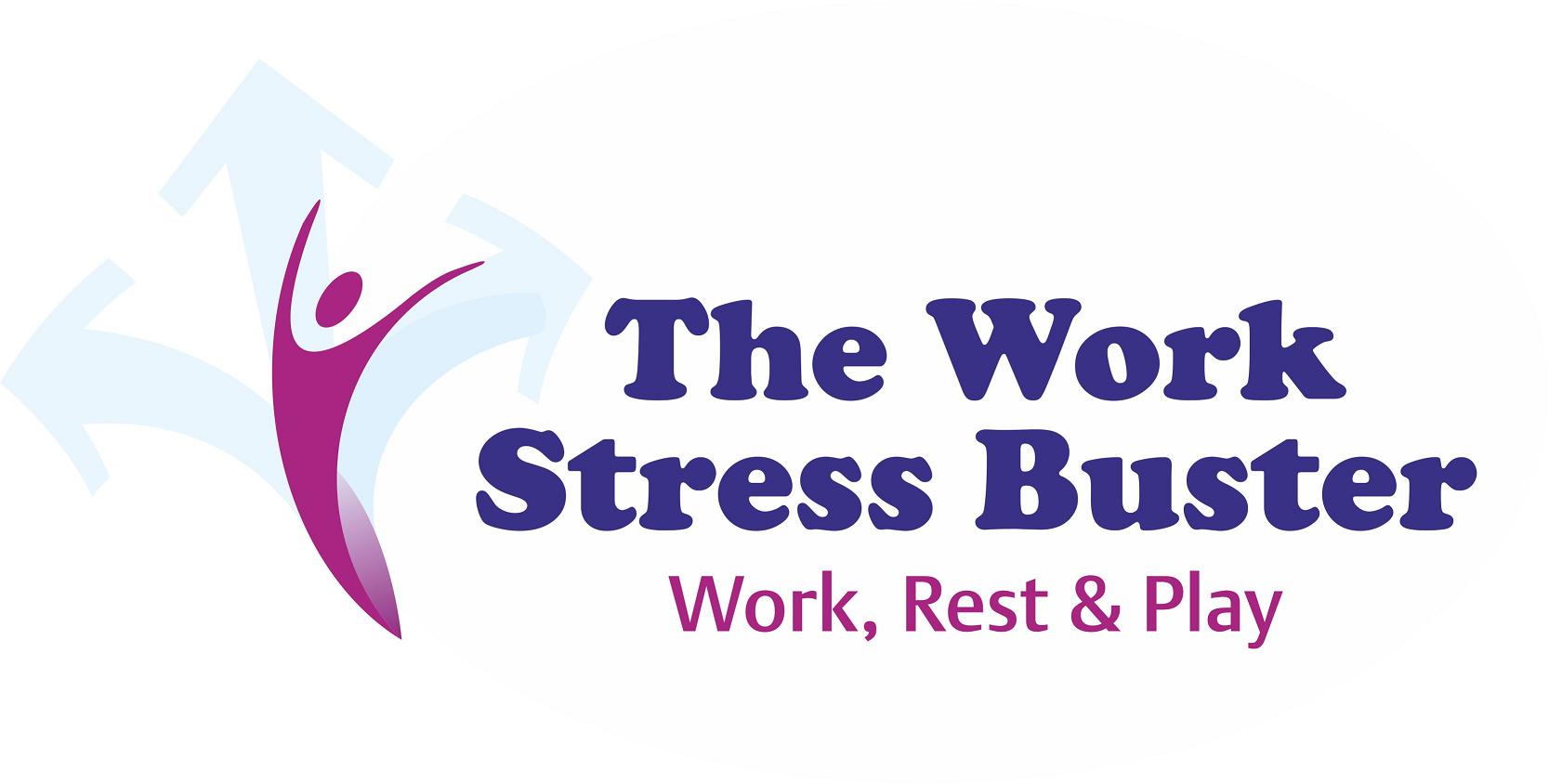Sport Institution v Health Institution – same difference?
The NHS is an institution I have worked in for the last 15 years. However it is an institution none the less. Institutions thrive on culture and tradition and the NHS is much the same. The institution of US Cycle Sport was shaken by the revelation that one of its most respected cyclists was a cheat and had been cheating the sport for years (in fact doping or drug use was rife amongst the elite cyclists). Moreover this was a fact that was known by many – fellow cyclists as well as all the management, however in a bid to ‘protect’ the sport, the cheating remained unaddressed, until it finally ‘blew up’.
A quote by Cookson who lead the inquiry stated that the UCI (Cycling governing body) stated that the UCI ‘…was always going to prioritise the image and business of the sport over the integrity and the honesty of the sport’ (Metro, 2015).
What a shame!
What the public believed to be true was in fact an illusion. And what a fall from grace that was!
So how does this relate to the NHS? Well certainly in the field I work in: Mental Health, I am all too aware that the rising case loads and diminishing staff numbers mean that the system is unmanageable as it currently is. This is why we hear too often news stories about lapses in quality of patient care. The system is cracking and has been for years.
This is exemplified by the Francis Inquiry
into Mid Staffordshire NHS Foundation Trust. Again all the staff and management were aware of the issues, however there was no leadership that took responsibility (although similarly – all the management were aware of the issues). This then lead to the systematic suffering of many patients and carers alike.
In the specific examples given, the resulting investigations demonstrated that there was poor leadership and systematic ‘cover-ups’ which sought to protect those that required to be challenged and scapegoat or silence those that chose to speak out against what was happening. (And this is an example of what happens in a closed as opposed to an open, nurturing system – see related blog here)
Thus it is worthy to note that there are of course those good eggs who seek to fight with integrity for what they believe to be true. However, all too often this seems to be a lonely venture – to swim against the tide of a chaotic system.
However, it was the dedicated work of investigators appointed by NHS regulators and relatives who had been bereaved by poor care at Mid Staff – that eventually brought the issues at Mid Staff to light.
This inquiry lead to the ‘Duty of Candour’ a duty that charges NHS workers to be transparent in their work with patients and relatives and share information openly when things go wrong.
However, it is worthy of note that our Code of Ethics as health professionals stipulates the same things, however, the system we work in has to support these qualities. There is little point it being only something written on paper somewhere.
This can be achieved by nurturing a system of open communication and transparency between staff. If this exists between staff then it can similarly be demonstrated between staff and patients too. However, leaders must demonstrate leadership and lead by example.


One Comment - Leave a Comment
Pingback: Consultant (Doctor) Worship | Training | Occupational Therapy | Psychotherapy